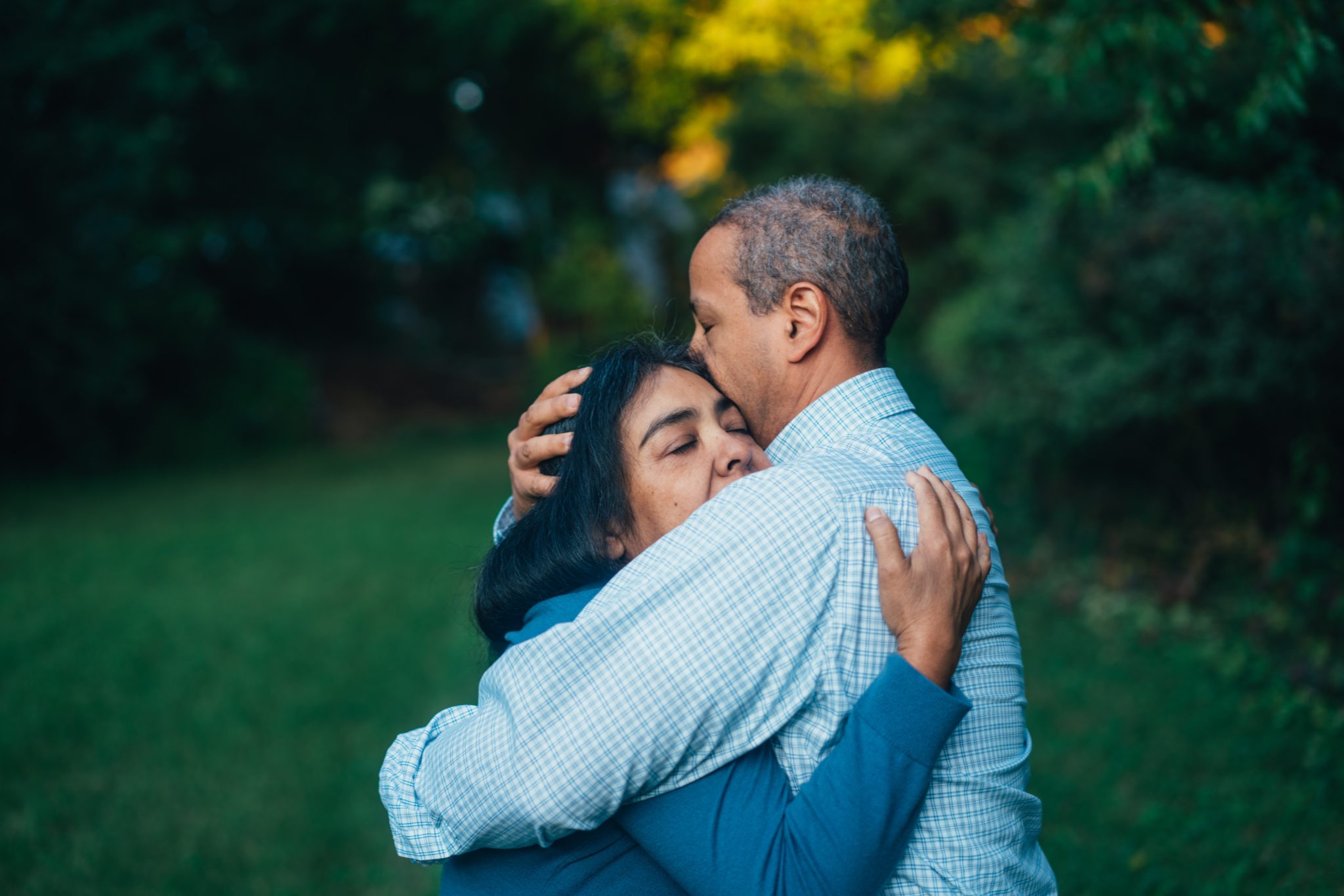
Knowing how to ask for help when grieving is, for many of us, a challenge. Even if we’ve lost loved ones in the past, every experience with grief is different. Grief can change depending on your age, your relationship to the deceased, your socio-economic status, and so many other factors.
Why People Don’t Ask for Help When Grieving
It’s common to withdraw from others when we grieve. We often feel that our emotions are a burden on others, so to spare them from that we don’t tell them how we’re feeling. It’s also common to believe that we need to be strong enough to carry on even as we grieve. That belief can keep us from reaching out to others for help because we feel like we should be able to handle it all on our own.
While these feelings are common, they are also only part of what’s true. Yes, some of our relatives and friends will feel uncomfortable if and when we ask for help; but that’s only part of the reality. The other part is that most people will tackle uncomfortable feelings and vulnerability in order to help someone they care about.
Help When Grieving: Knowing What You Need
Something that happens all too often is that well-meaning family and friends say something like if you need anything, I’m here. The problem is that when we’re grieving, we don’t always know what we need. And this makes it impossible to ask.
It’s ok to think about what will help you most as you grieve. There’s no one right thing to ask for. Do you need someone to sit with you without talking? It’s ok to ask for that. How about someone to sort through your recycling or clean your gutters? Those are ok things to ask for, too.
The point is that asking for help as you grieve is kind of like the grieving process itself: it’s not linear. It will ebb and flow as life changes. One day you might need someone to sit with you or talk with you while you share a meal. Another day you might need a ride to the Social Security Office. Another you might just want someone to pick up milk at the store.
Whatever it is that will help, it’s ok to ask. But in order to ask, you have to know. That requires that you put words to your feelings and needs. Doing so can lift the guilt others feel of wanting to “do something,” but not knowing what, exactly, will help.

Grief Help: Ask a Professional
Despite the kindness and willingness that family and friends often exhibit, sometimes it’s necessary to solicit the help of a professional.
This might mean that you would benefit from seeing a therapist or a grief counselor. If that’s the case, you can start with your health insurance (if you have it) to find a list of providers. Or you could reach out to your clergy or spiritual advisor, ask a friend who’s also lost a loved one, or consult an online directory.
It might also mean that you need a financial or legal professional to help you understand a will or trust. If that’s the case, asking for recommendations is important, as is finding someone who specializes in those areas of law.
If you need help that exceeds the capacity or expertise of your family and friends, reaching out to your networks can help you find the right resource. Ask friends, family, co-workers, colleagues, people at church, and others you interact with for their input.
How To Help Someone With Grief
If you want to help someone who is grieving but you don’t know how, the first thing to remember is that they may not be able to ask for what they need or want in precise terms.
It’s important to simply be there for them, without putting pressure on them to express themselves well. You might try just sitting with them, without trying to fill every silence. Or you could offer to take them somewhere: a movie, dinner, shopping, for a walk.
Think about what you know about the person you want to help. Do they love being outdoors, or would they rather go to a mall? Do they love cooking or would they rather go to a restaurant? Do they like quiet places or spots with lots of people and activity?
Thinking about them and the things and activities that brought them joy before the death of their loved one can clue you in to activities you can suggest doing together. But don’t be offended if they decline. Maybe they’re not ready.
It might take time. But reaching out to offer help in various ways can make all the difference.
Grieving: Time Can Be Deceiving
It’s also important to remember that there is no finish line when someone is grieving. Even so, offers to help often taper off as the days tick by. This is not because people don’t care. We simply get busy with life, and it becomes harder to remember that someone we love is still in pain.
One way to help someone who is grieving is to keep asking what they need, keep reminding them they’re loved, keep reminding them you’re there. That alone can help them as the calls and visits dwindle and they’re left alone with their feelings and memories.
We’re always honored to help with suggestions and services, no matter where you are on your grief journey. Please reach out if we can be of assistance.



Recent Comments